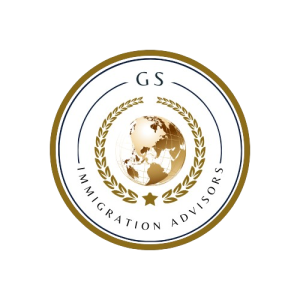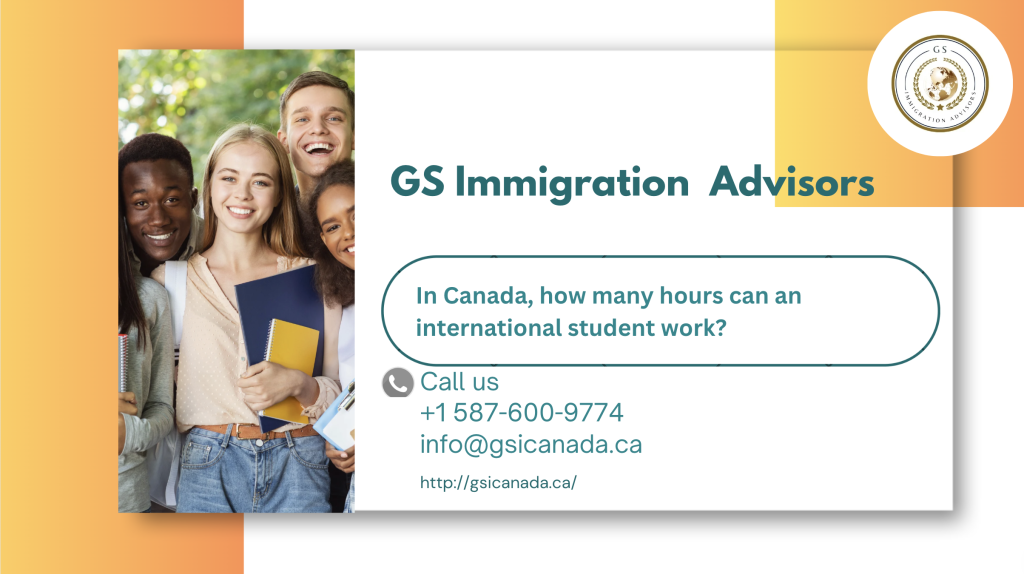“IRCC Backlog Grows as Canada Plans to Cut Immigration in 2025!”
Immigration, Refugees, and Citizenship Canada (IRCC) has seen a steady rise in its application backlog over recent months. As of September 30, 2024, the backlog stood at 1,097,000 applications, a 1.73% increase from August’s 1,078,300. In July, the backlog reached 1,002,400, crossing the one-million mark for the first time in months. The total inventory now includes 2,450,600 applications, with 1,353,600 being processed within IRCC’s service standards—a 0.83% improvement over August’s 1,342,500. Discover if You Are Eligible for Canadian Immigration What is the backlog? An application is considered part of the backlog if it exceeds IRCC’s published processing timelines, which vary based on the type of application. For example, most Express Entry applications are expected to be processed within six months of submission. IRCC aims to process 80% of applications within these timelines, but high demand can lead to delays. Permanent Residence Applications As of September 24, IRCC had 816,000 permanent residence applications in its inventory, with 510,800 (63%) processed within service standards, leaving 305,200 in the backlog. Express Entry: 17% of applications were in the backlog, slightly better than the 20% target but higher than the 15% projection. PNP Streams Linked to Express Entry: 23% of applications were in the backlog, exceeding the 20% target. Spousal, Partner, and Child Sponsorships (outside Quebec): The backlog was at 15%, consistent with the target. Temporary Residence Applications Temporary residence applications have seen a significant backlog increase. Of the 1,411,700 applications, only 658,000 met service standards, resulting in a backlog rate of 72%, up from 49% in July. Study Permits: 36% of applications were in the backlog. Work Permits: 47% faced delays. Citizenship Applications The backlog for citizenship grants has remained steady at 17% since November 2023, aligning with IRCC’s target. IRCC’s Measures to Address the Backlog The recently announced Immigration Levels Plan (October 2024) reduced permanent resident admissions targets for the next three years while introducing temporary resident admission targets for the first time. These changes aim to reduce the growing backlog. Additionally, Canada’s Federal Court launched a Study Permit Pilot Project in October to streamline judicial review for rejected study permits, cutting the processing time from 14-18 months to under five months. Other measures include prioritizing essential worker applications and extending Post-Graduation Work Permit validity for master’s graduates from two to three years. These steps are designed to ease application processing and reduce delays. Discover if You Are Eligible for Canadian Immigration



